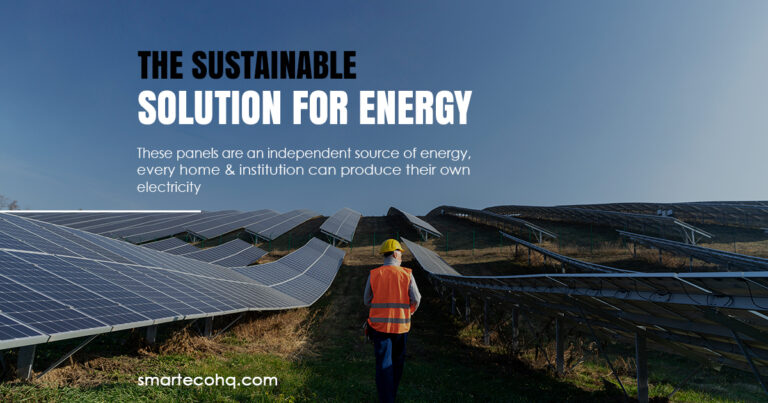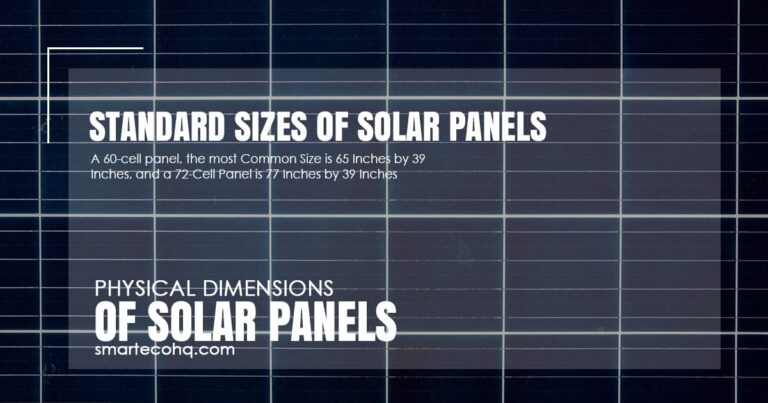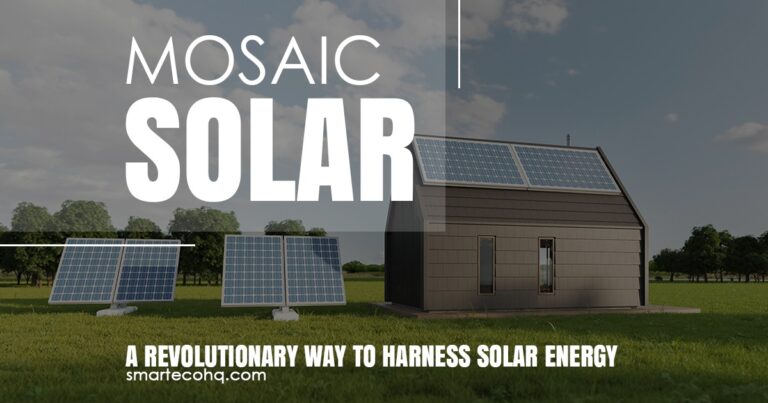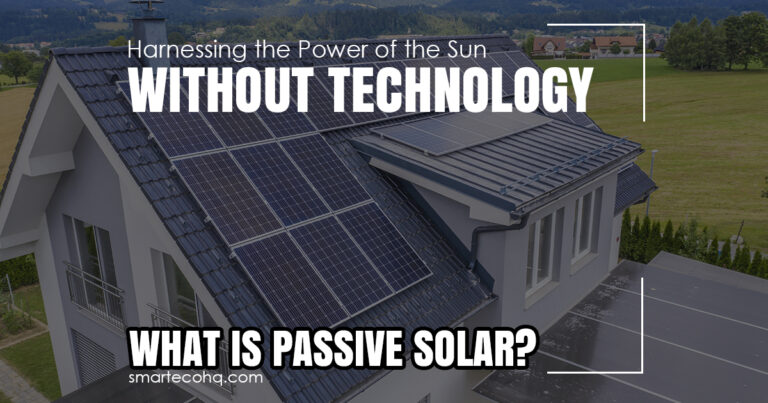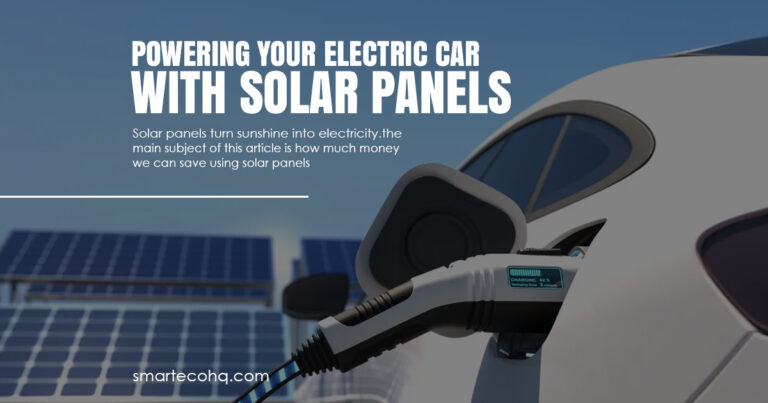The Future is Bright: Solar Carports in 2023

Harness the power of the sun and revolutionize your parking experience with solar carports in 2023. Embrace sustainability and click to learn more.
What is a Solar Carport?
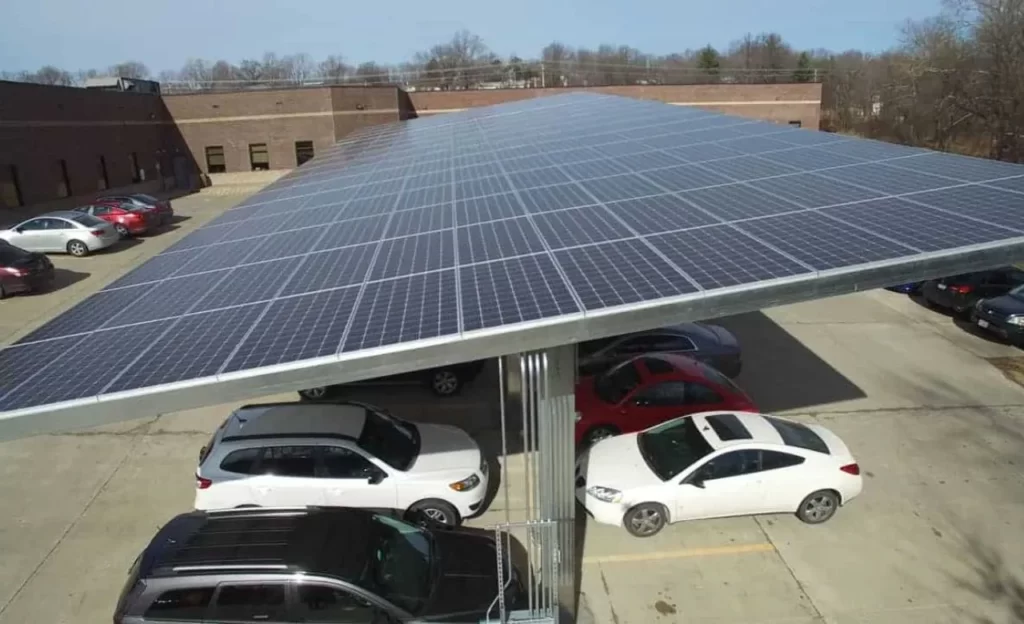
Solar carports serve as parking structures with rooftop solar panels that absorb sunlight and transform it into electricity. They are intended to provide shade as well as security for parked cars while also producing electricity and can be erected in a variety of settings, including Residential Solar Carports neighborhoods, commercial buildings & garages.
Solar carports are becoming increasingly common in both private and public parking lots for charging electric cars (EVs). The potential for solar carport buildings is enormous. According to one study, parking lots cover 14–20% of the overall surface area of cities.
How do solar carports work?
Solar carports work by capturing sunlight and converting it into electricity using photovoltaic (PV) solar panels put on the roof of the carport construction. This electricity can be utilized right away to power neighboring buildings, or it can be saved in a battery storage system for further use. The panels are made up of layers of silicon along with various elements that produce an electric current when subjected to sunlight. Solar carport electricity can be used for a multitude of reasons, including charging electric automobiles, lights, and various building systems.
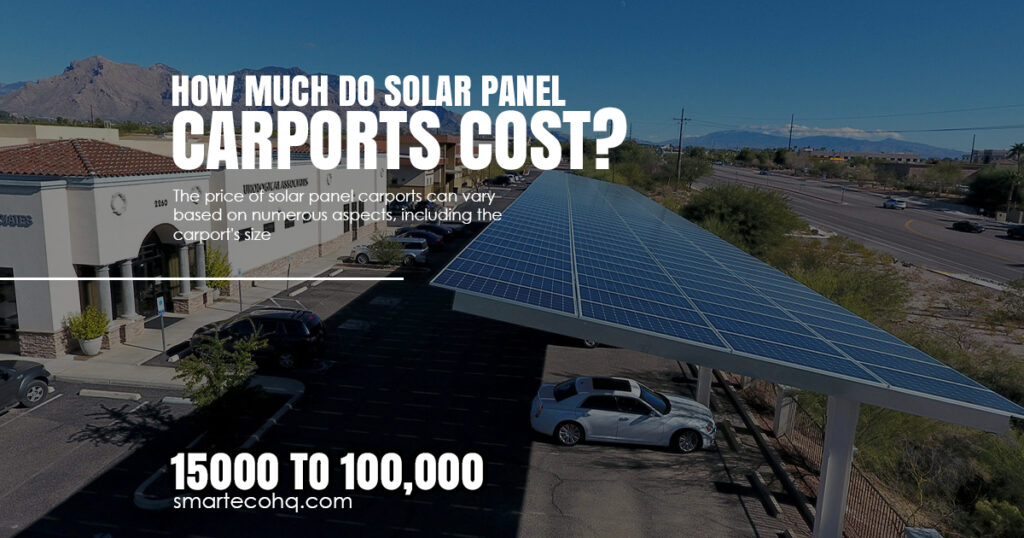
How Much Do Solar Panel Carports Cost?
The price of solar panel carports can vary based on numerous aspects, including the carport’s size, the type and grade of solar panels utilized, and the installation fees. Based on industry estimates, the cost of a solar carport can range between $3 and $7 per watt, resulting in a total cost of between $15,000 and $35,000 for a normal domestic installation, and $100,000 or more for a bigger commercial or institutional installation. The cost of solar carports, on the other hand, can be compensated by reduced utility bills & potential money from selling extra electricity returned to the grid.
Federal Solar Tax Credit & Other Incentives
Homeowners who construct a solar carport are qualified for the federal solar tax credit, which is presently worth 30% of the installation price for the system.
Furthermore, many states & local governments, such as Rhode Island and Massachusetts, provide incentives for using solar carports.
Solar Carport Installation
Determining an appropriate location, clearing, leveling & preparing for the construction of support structures are all stages in the solar carport installation process. Solar panels are installed on the underlying structures and connected to inverters, which convert the direct current (DC) to alternating current (AC). The system is then tested to confirm that it is operationally sound. Installation might take many days or weeks and should be done by a licensed and skilled solar technician.
How is a solar panel carport different than Rooftop Solar?
Solar panel carports are independent structures that offer shade and security for parked vehicles while generating pure solar energy. They can be put in a number of locations & can accept cars of various sizes and types. They also provide more placement options because they do not require certain orientation or shading constraints.
The Future of Solar Carports:
Solar carports have enormous possibilities for transforming parking spaces into energy-generating and sustainable environments. Here are some critical factors to consider for the future of solar carports:
Integration with Charging Stations
As electric vehicles become more popular, solar carports can be combined with EV charging stations. This enables simple and environmentally beneficial charging alternatives, with automobiles powered by both solar energy and grid-stored electricity.
Integration with Grid Stations
Integrating solar carports with smart grid technology allows for better energy flow control and optimization. Excess energy produced during the day can be stored in batteries or sent back into the grid, ensuring a steady power supply even when there is little sunlight. This integration improves grid stability.
Customization & Smart Design
Solar carports’ future lies on innovative design and customization choices. Architects and engineers are experimenting with new ways to incorporate solar carports into diverse architectural styles. Furthermore, customization options allow carports to be fitted to specific demands, such as including additional amenities such as rainwater harvesting systems or green spaces.
Scalability & Mass Adoption
Solar carport technology is getting more economical and efficient. Large-scale installations in business parking lots, shopping malls and public locations have the potential to significantly increase renewable energy output. Solar carports, with the potential to generate significant amounts of clean electricity, can play an important role in the transition to a greener and more sustainable future.
Solar carports are an excellent choice for residential and commercial properties, particularly those with restricted space. They offer an excellent balance of shade, sustainability and energy generation. They have several benefits, including dual functioning, reduced environmental impact, and long-term cost savings.
Site evaluation, structural considerations, and suitable electrical integration are all part of the installation procedure. Solar carports have the ability to integrate with EV charging stations, smart grid systems, and new design methods as the future develops. Solar carports, with their scalability and widespread acceptance, have the potential to transform parking spaces into clean energy centers, contributing to a more sustainable world.
FAQs
Q: How do solar carports work?
A: Solar carports work by integrating solar panels into the structure of the carport. These panels capture sunlight and convert it into electricity, which can be used to power electric vehicles or feed into the grid.
Q: What are the benefits of installing a solar carport?
A: Installing a solar carport offers multiple benefits. It provides covered parking, generates clean and renewable energy, reduces carbon emissions, and can help save on electricity costs in the long run.
Q: Are solar carports suitable for residential use?
A: Yes, solar carports can be installed for residential use. They provide homeowners with the dual advantage of generating renewable energy while offering a covered parking space for their vehicles.

